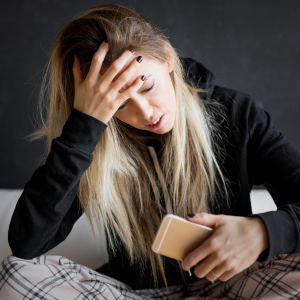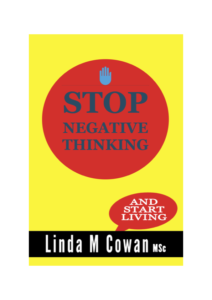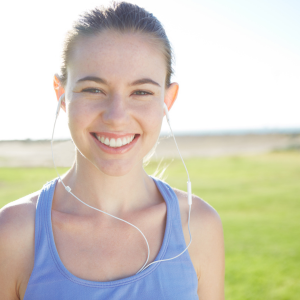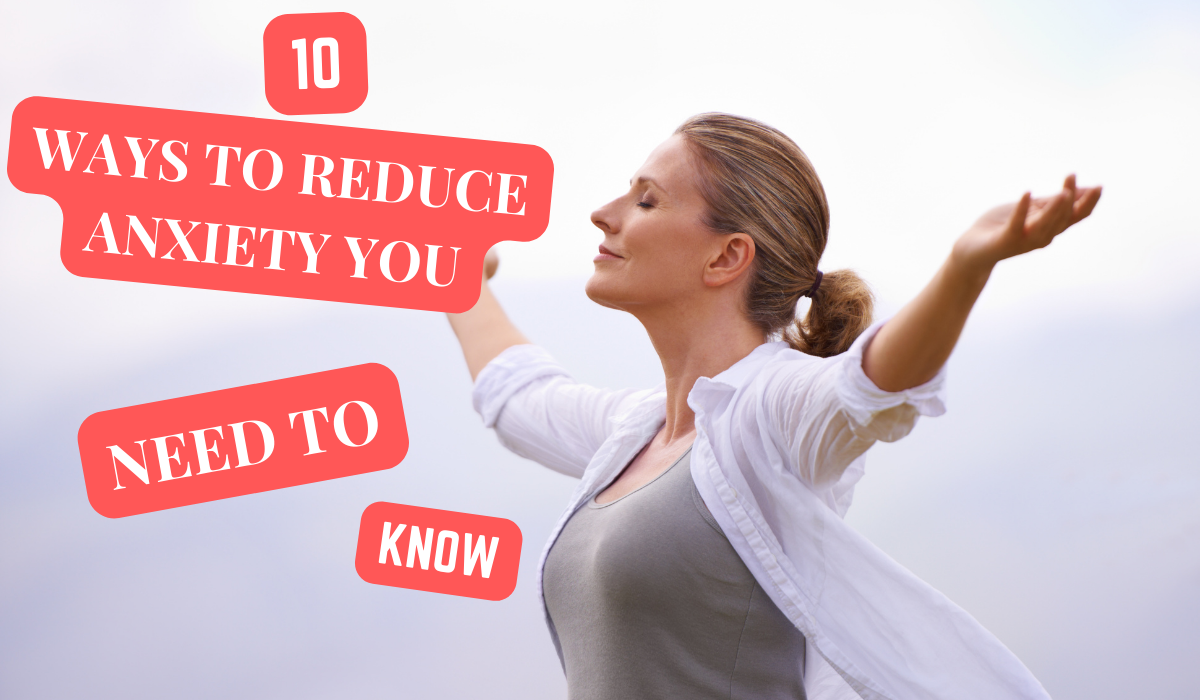

FREE EBOOK DOWNLOAD –
To help you reduce anxiety in 30 days, I am offering you a free download of my ebook, ‘How to Stop Negative Thinking’.
INTRODUCTION – 30 DAYS TO REDUCE ANXIETY
As a counsellor, one of the main struggles that people deal with is their battle against anxiety. Anxiety is a common experience for many, but when you suffer from it every day, it can disrupt daily life. The journey to managing anxiety is deeply personal, yet structured guidance can offer a significant starting point.
This blog post introduces a 30-day challenge designed to reduce anxiety, employing a mix of strategies proven to foster mental resilience and promote calmness. By dedicating yourself to this approach, you can embark toward improved mental health and well-being; therefore, by adopting the following ten tips, this strategy, ’30 Days to Reduce Anxiety,’ will more than meet your goals. This approach only consists of 10 Tips. You will be amazed how you will feel after 30 days if you stick with it.
TIP NO 1
ACKNOWLEDGE YOUR ANXIETY.
Acknowledging your anxiety is a pivotal first step in managing it effectively. This process involves recognising the presence of anxiety without judgment, understanding its triggers, and accepting your feelings as valid responses to stress or fear. It’s about giving yourself permission to feel anxious and recognizing that anxiety is a common human experience, not a flaw or weakness. By acknowledging anxiety, you begin to diminish its power over you, creating space for strategies that address its root causes and symptoms.
This self-awareness fosters a compassionate approach to mental health management, allowing for more mindful and effective coping mechanisms. This step is foundational because it shifts your relationship with anxiety from one of resistance to one of acceptance, which is crucial for the healing and growth process.
TIP NO 2
ESTABLISH A MORNING ROUTINE.
Establishing a morning routine is a transformative step in reducing anxiety. Starting your day with calming and centering activities can significantly lower stress levels and set a positive tone for the rest of the day. Whether it involves meditation, a short walk, or journaling, a morning routine helps ground your thoughts and prepare your mind for the challenges ahead. It’s about creating a space of tranquillity that you can return to in thought throughout your day. By dedicating time each morning to focus on your well-being, you not only cultivate mental resilience but also foster a sense of control and predictability, which are often lacking when anxiety takes hold.
This practice can be tailored to fit personal preferences and schedules, ensuring it becomes a sustainable and beneficial part of your daily life. By using this approach, ’30 days to reduce anxiety.’ you will find a remarkable difference in your anxiety levels.
TIP NO 3
DEEP BREATHING EXERCISES.
Deep breathing exercises are a powerful tool in the arsenal against anxiety. These exercises activate the body’s relaxation response, a state of deep rest that changes the physical and emotional reactions to stress. Deep, slow, and deliberate breathing can help lower stress levels, reduce blood pressure, and provide an immediate sense of calm. Focusing on your breath also draws attention away from anxious thoughts and brings your mind to the present moment, acting as a form of mindfulness meditation.
I find this Grounding Technique, which is on my YouTube Channel, very successful. Incorporating these exercises into your daily routine can be a simple yet effective strategy to manage anxiety and improve overall mental health.
TIP NO 4
CREATING A GRATITUDE JOURNAL
Creating a gratitude journal is a remarkably effective method for reducing anxiety. This practice involves daily writing down things you are grateful for, shifting your focus from worries and fears to appreciation and positivity. Reflecting on the positive aspects of your life can significantly enhance your mood, foster a greater sense of well-being, and decrease stress levels. Gratitude journaling helps to reframe your mindset, encouraging a more optimistic outlook that can buffer against the negative effects of anxiety. By acknowledging the good in your life, even during challenging times, you cultivate a resilience that nurtures mental health and emotional balance.
This simple yet profound habit can transform your perspective, making it a vital component of a holistic approach to managing anxiety. All it takes is this ’30 Days to Reduce Anxiety’ approach.
TIP NO 5
LIMIT CAFFEINE INTAKE.
Limiting caffeine intake is an effective strategy for reducing anxiety. Caffeine, a stimulant found in coffee, tea, chocolate, and some soft drinks, can exacerbate anxiety symptoms by increasing heart rate, blood pressure, and levels of stress hormones. For individuals prone to anxiety, reducing caffeine consumption can lead to noticeable improvements in their anxiety levels.
The decrease in caffeine helps maintain a more stable mood and energy level throughout the day without the highs and crashes often associated with caffeine intake. It’s about finding a balance that allows you to enjoy the benefits of caffeine without letting it disrupt your mental well-being. Gradually reducing your intake can help minimize withdrawal symptoms, making it easier to adjust to lower levels of caffeine. This simple dietary adjustment can be a key component in a comprehensive approach to managing anxiety, contributing to greater calmness and focus.
TIP NO 6
PHYSICAL ACTIVITY
Incorporating physical activity into your daily routine is a potent way to reduce anxiety. Engaging in regular exercise acts as a natural anxiety reliever, primarily by releasing endorphins, chemicals in the brain that act as natural painkillers and mood elevators. Physical activity also helps to break the cycle of negative thoughts that can fuel anxiety by shifting focus away from worries and onto the body’s movements. Whether it’s a brisk walk, swimming, or any form of exercise that you enjoy, the goal is to move your body and stimulate a state of mindfulness and relaxation.
Regular physical activity improves physical health, enhancing well-being and decreasing anxiety symptoms. It doesn’t require intense workouts or long durations. You will see a significant difference by adopting this ’30 days to Reduce Anxiety Approach.’ even short; daily sessions can contribute significantly to managing anxiety levels and enhancing overall mental health.
TIP NO 7
SOCIAL CONNECTIONS.
Strengthening social connections is a vital strategy in reducing anxiety. Humans are inherently social creatures, and forming meaningful relationships can provide emotional support, reduce feelings of isolation, and increase a sense of belonging. When we connect with others, whether through sharing experiences, laughter, or support, our body releases oxytocin, a hormone that promotes a feeling of calm and well-being.
Engaging in social activities, joining support groups, or spending quality time with friends and family can help diffuse anxiety by offering perspective, understanding, and a shared experience. It’s essential to reach out and maintain these connections, even when anxiety makes it challenging, as they are crucial to building resilience and fostering a support network that can navigate tough times together.
TIP NO 8
CONNECT WITH NATURE.
Connecting with nature is an effective way to reduce anxiety. Immersing yourself in natural settings can have a calming effect on the mind and body, promoting relaxation and reducing stress levels. Nature’s inherent beauty and tranquillity can help shift focus away from anxious thoughts and ground you in the present moment. Walking in a park, hiking through forests, or simply sitting by a body of water can significantly lower cortisol levels, the body’s stress hormone.
This connection to the natural world not only provides immediate relief from symptoms of anxiety but also enhances overall mental well-being. The sensory experience of being in nature—listening to birdsong, feeling the breeze, and observing the myriad hues of green—engages the senses in a way that nurtures peace and fosters a sense of belonging to the more extensive web of life.
TIP NO 9
PRACTICE SELF-COMPASSION.
Practising self-compassion is a critical element in reducing anxiety. It involves treating yourself with the same kindness, concern, and support you would offer to a good friend facing similar struggles. Self-compassion encourages an attitude of mindfulness, self-kindness, and common humanity, allowing individuals to acknowledge their feelings of anxiety without harsh judgment or self-criticism. This practice helps to alleviate the additional stress that comes from beating oneself up over feeling anxious, creating a more nurturing internal environment for dealing with stressors.
By recognising that imperfection and suffering are part of the shared human experience, you can soften your self-dialogue, reduce feelings of isolation, and approach your anxiety with understanding and care. Cultivating self-compassion fosters emotional resilience, providing a solid foundation for navigating life’s challenges gracefully and effortlessly.
TIP NO 10
LEARN TO SAY NO.
Learning to say “no” is a powerful technique for reducing anxiety. This practice involves setting boundaries and prioritising your own needs and well-being over the demands and expectations of others. For many, the fear of disappointing people or missing out can lead to overcommitment and increased stress. However, by recognising that it’s impossible to please everyone and that spreading yourself too thin can exacerbate anxiety, you empower yourself to make choices that align with your capacity and values. Saying “no” allows you to conserve energy for activities and commitments that are meaningful and beneficial to you, leading to a more balanced and less anxious existence.
This skill takes practice and may require a shift in mindset, but it ultimately fosters a healthier relationship with yourself and others, reducing the unnecessary stress that contributes to anxiety. Keep adopting this ’30 Days to Reduce Anxiety’ approach will make such a difference.
CONCLUSION – 30 DAYS TO REDUCE ANXIETY.
Embarking on a 30-day journey to reduce anxiety is a commitment to your mental health. Each day presents an opportunity to incorporate strategies leading to a more balanced and less anxious life. While immediate changes may not be evident, the cumulative effect of these practices can significantly impact your well-being. Remember, managing anxiety is a continuous process, and seeking professional help when needed is a sign of strength. By adopting these strategies, you’re moving towards a calmer, more centred self.
https://lindamcowan.com/3-codependency-traits-to-break-free-from





Pingback: HOW TO CALM DOWN AN ANXIETY ATTACK? - LINDA M COWAN
Pingback: HOW TO STOP CATASTROPHIC THINKING IN 9 SIMPLE STEPS - LINDA M COWAN
Pingback: HOW DO I STOP OVERTHINKING: 7 EFFECTIVE STRATEGIES - LINDA M COWAN
Pingback: Affirmations for Fear: 10 things to say when scared
Pingback: SPOUSAL CAREGIVER BURNOUT - 7 amazing approaches
Pingback: Empty Nest Syndrome Quotes and Guidance and how to